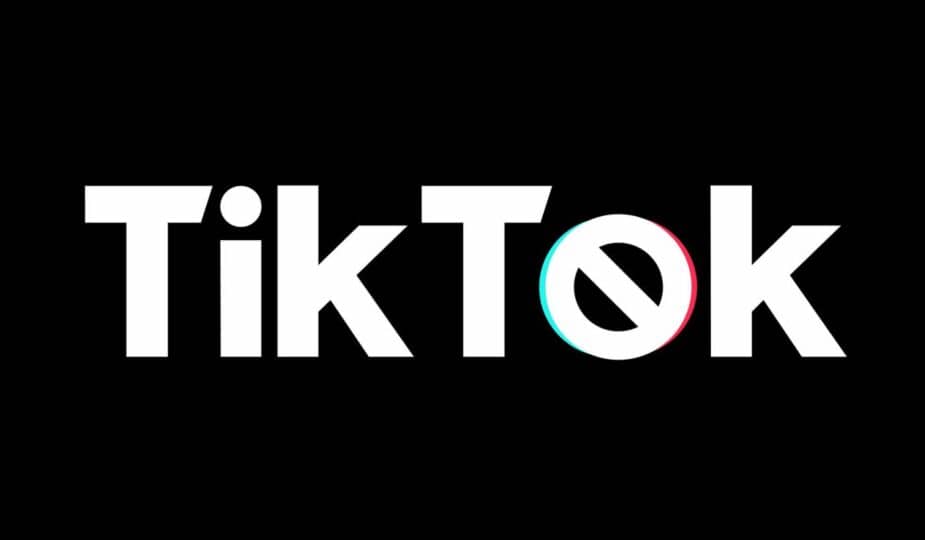
Accidentally leaked TikTok documents show the company knows the app is addictive to kids and harmful to their mental and social development.
The documents also show that developer ByteDance knew the screen time tools it introduced would be ineffective and were little more than a PR stunt …
Lawsuits Against TikTok
ByteDance is fighting potential TikTok bans in both the U.S. and Europe, as well as lawsuits filed by attorneys general in several U.S. states. NPR reported last week that more than a dozen states have sued the company.
The lawsuits, filed separately Tuesday in 13 states and the District of Columbia, allege that TikTok violated consumer protection laws and contributed to a teen mental health crisis.
A bipartisan group of attorneys general is seeking to force TikTok to change product features they say are manipulative and harmful to teens.
TikTok documents reveal that addiction was known
ByteDance was required to provide internal reports to the states, but they were decided to remain confidential for now. However, the lawsuit filed by Kentucky had incorrect redactions, allowing blacked-out sections to be revealed through copy and pasting.
Kentucky Public Radio published redacted excerpts showing the company knew kids could become addicted to the app in less than 35 minutes, NPR reported.
TikTok determined the exact number of views needed to form a habit: 260 videos. After that, state investigators say, a user would “likely become addicted to the platform.”
In a previously redacted portion of the lawsuit, Kentucky authorities say, “While this may seem substantial, TikTok videos can be as short as 8 seconds and autoplay for viewers in rapid succession,” investigators wrote. “So in less than 35 minutes, the average user is likely to become addicted to the platform.”
TikTok is known to be harmful to children’s development
The developer also knew that long-term use of the app was harmful to children’s mental and social development.
TikTok’s own research claims that “compulsive use is correlated with a host of negative mental health outcomes, such as loss of analytical skills, memory formation, contextual thinking, depth of conversation, empathy, and increased anxiety,” according to the lawsuit.
Additionally, the documents show that TikTok knew that “compulsive use also interferes with important personal responsibilities, such as adequate sleep, work/school obligations, and connecting with loved ones.”
The Screen Time Tool Was Just a PR Stunt
While the company introduced the Screen Time tool with a default limit of 60 minutes, ByteDance knew that kids would ignore it, and it also knew that it had no effect.
After testing, TikTok found that the tool had a negligible impact — it accounted for about a 1.5-minute drop in usage, with teens spending about 108.5 minutes per day before and about 107 minutes after with the tool.
And that's not all; the full story is worth reading if you have kids who use TikTok.
Photo by Visuals on Unsplash








